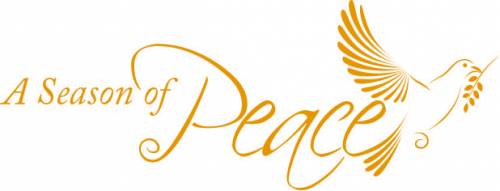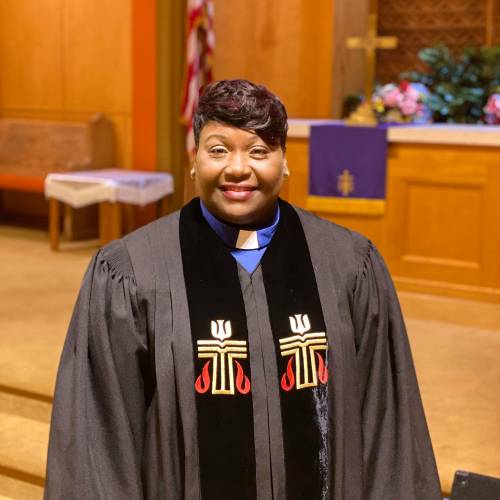
And Jesus went to the Mount of Olives. Early in the morning he returned to the temple.
All the people gathered around him, and he sat down and taught them. The legal experts and
Pharisees brought a woman caught in adultery. Placing her in the center of the group, they said to Jesus,
“Teacher, this woman was caught in the act of committing adultery. In the Law, Moses commanded
us to stone women like this. What do you say?” They said this to test him, because they wanted
a reason to bring an accusation against him. Jesus bent down and wrote on the ground with his finger.
They continued to question him, so he stood up and replied, “Whoever hasn’t sinned should throw
the first stone.” Bending down again, he wrote on the ground. Those who heard him went away,
one by one, beginning with the elders. Finally, only Jesus and the woman were
left in the middle of the crowd.
John 8:1–9 (CEB)
I once read a prayer that seemed odd, while at the same time was so truthful in calling me to confession. I am not sure who wrote the prayer, but I found it in Prayers: From Adoration to Zeal by C. Welton Gaddy. A portion of the prayer says:
Honestly, God, if Jesus had told us to cast a stone at someone only if we were without sin, I am afraid that someone would have been killed by stoning. Not because we are perfect people, but because, when it comes to our own sins, we are dishonest people.
When I consider the woman mentioned in John 8, I recall the nonviolent tactic that Jesus used. The nonviolent tactic required that those who were going to do the abusing first consider their own flaws. When Jesus inquires of her accusers, she had no answers for him. Which is, in my opinion, the right response. It is not our responsibility to make excuses or provide reasoning for the ones eager to abuse.
Action: Examine your words, actions and deeds. For what sins should you seek to ask God for forgiveness? Use your own experience to write a prayer of confession. Pray about this for three days and then write a prayer of assurance that tells why you believe you have been forgiven.
Prayer: As a dishonest person, God forgive me for siding with abusers by not checking my own sinful ways. God, I do not condone violence and I do not want to become numb to its existence. Help me to find ways to avoid the silent consent of violence and show me ways to help prevent violence, too. In the name of Jesus, Amen.

The Rev. Cecelia D. Armstrong is a cradle Presbyterian. She was educated at Spelman College; the University of Southern Mississippi; the Interdenominational Theological Center, where she attended Johnson C. Smith Theological Seminary; and is currently enrolled at the University of Dubuque Theological Seminary pursing a Doctor of Ministry degree. She was ordained as a deacon, and then an elder, before she accepted the call on her life into ministry.
Cecelia served Grady Memorial Hospital as a chaplain and Beth Salem as supply pastor. Cecelia also served as solo pastor of grace Presbyterian Church in Lantana, Florida, and now is the very proud associate pastor of St. James Presbyterian Church on James Island in Charleston, South Carolina.
This year’s Path of Peace reflections are designed to help participants explore peacemaking efforts addressing some of the major issues of our time. The theme for the 29 days of the 2022 A Season of Peace is Led Forth in Peace: Critical Areas of Engagement for Peacemakers. With these daily reflections, we are invited to reflect upon ways to practice peace by engaging the following critical areas:
-
- Climate change
- Nonviolence

- The intersection of poverty and racism
- Immigration/migration